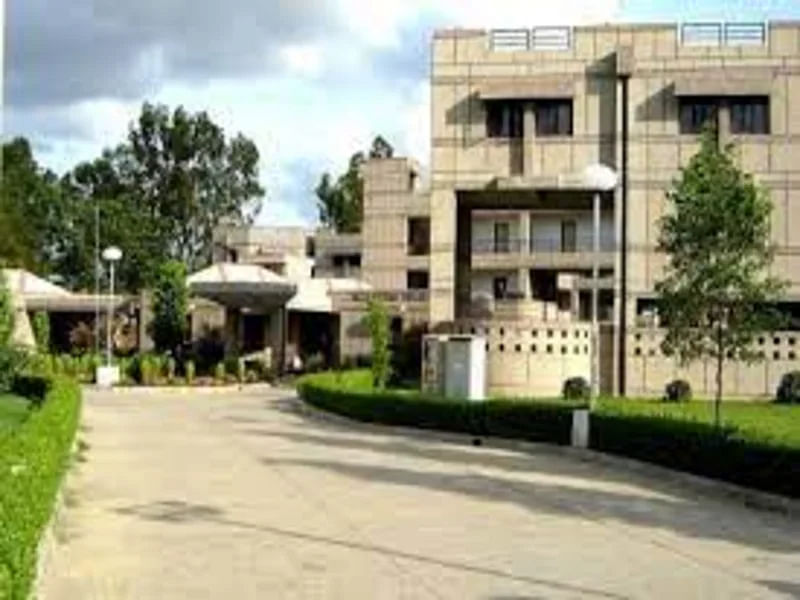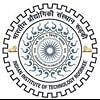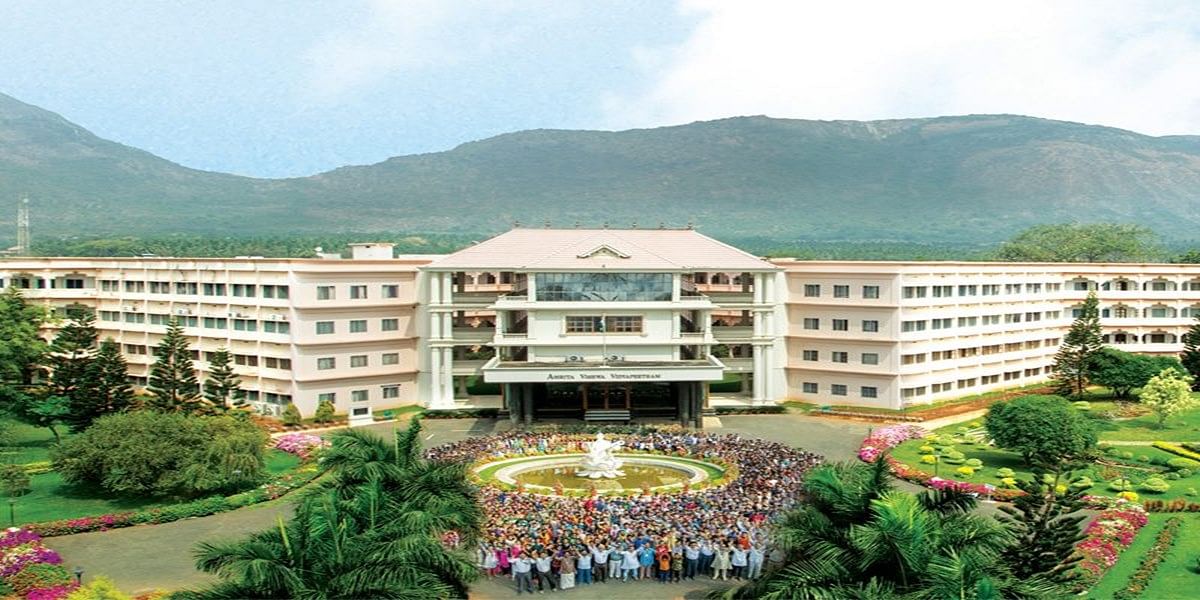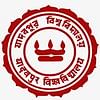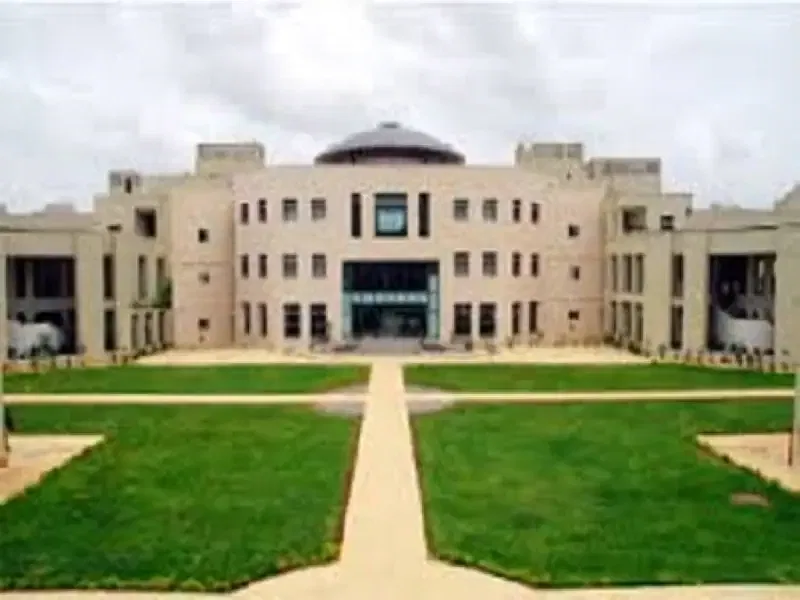BSc Physics 1st Year Syllabus: Subjects List, Electives & Practicals

The BSc Physics 1st year syllabus is divided into two semesters consisting of both theory and practical subjects. BSc Physics 1st semester syllabus aims at imparting a strong foundation in physics with subjects such as Mechanics and Wave Motion, Circuit Fundamentals and Basic Electronics, Electricity, Magnetism, Electrostatics, etc., whereas the BSc Physics 2nd semester subjects include Kinetic Theory, Low-Temperature Physics, Waves and Oscillations, Applied Acoustics, etc.
In addition to the theory subjects, the BSc Physics syllabus covers practical topics such as Specific Heat by the Cooling-Graphical Method, Emissivity of Surface, Thermal Conductivity of Good Conductor by Searle’s Method, etc., for each semester.
Table of Contents
- BSc Physics 1st Year Syllabus
- BSc Physics Subjects 1st Year & Topics Covered
- B.Sc Physics 1st Year Syllabus Practical Subjects
BSc Physics 1st Year Syllabus
BSc Physics 1st year syllabus focuses on equipping students with adequate knowledge and understanding of the foundation subjects such as Mechanics and properties of Matter, Heat, Thermodynamics, Wave, Oscillation, Radiation, etc.
Given below is the semester-wise breakdown of the B.Sc Physics 1st Year Syllabus:
|
Semester I |
Semester II |
|
Properties of Matter and Acoustics |
Mechanics-II |
|
Allied Mathematics – I |
Allied Mathematics – II |
|
Mechanics-I |
Environmental Studies |
|
Electricity and Magnetism |
Optics |
|
- |
Thermal Physics and Oscillations |
|
- |
Electro-Magnetic Induction and Electronic Devices |
BSc Physics Subjects 1st Year & Topics Covered
BSc Physics 1st year subjects deal with subjects such as language, foundations, structure, and all the concepts related to basic physics. The topics in the BSc Physics first-year subjects include Electronics, Electromagnetics, Wave and Oscillation, etc. Listed below are the semester-wise BSc Physics subjects 1st year along with the topics covered:
BSc Physics 1st Semester Subjects
The topics covered in the BSc Physics 1st semester subjects include an introduction to diodes and transistors, their working and applications, Introduction to the world of digital electronics, use of basic logic gates, flip flops, registers and counters, Voltage and current sources; superposition theorem, etc.
Listed below are the BSc Physics 1st Semester subjects and topics covered:
|
Subjects |
Topics Covered |
|
Properties of Matter and Acoustics |
Elasticity, Viscosity, Architectural Acoustics, Wave Propagation, Thermal Properties, Density and Pressure, etc. |
|
Allied Mathematics – I |
Types of Functions, Trigonometric Functions, Coordinate Systems, Polynomials and Rational Functions, etc. |
|
Mechanics-I |
Position, Displacement, and Velocity, Work and Kinetic Energy, Angular Displacement, Velocity, and Acceleration, Static Equilibrium, etc. |
|
Electricity and Magnetism |
Electrostatics, Voltage and Electric Potential Energy, Electromagnetic Waves, Electric Fields, AC Circuits, Lorentz Transformation, etc. |
BSc Physics 2nd Semester Subjects
BSc Physics 2nd Semester subjects deal with topics such as electrostatics and magnetostatics leading to the fundamental laws of electrodynamics, dynamics of a charged particle in electric, magnetic and electromagnetic fields and its applications, etc.
Listed below are the BSc Physics 2nd Semester subjects along with the topics covered:
|
Subjects |
Topics Covered |
|
Mechanics-II |
Rigid Body Dynamics, Principle of Least Action, Canonical Transformations, Gravitational and Electrostatic Forces, Collision Theory, etc. |
|
Allied Mathematics – II |
Boundary Value Problems, Eigenvalues and Eigenvectors, Laplace Transforms, Numerical Integration and Differentiation, Statistical Inference, etc. |
|
Environmental Studies |
Ecosystems and Biodiversity, Pollution and Environmental Quality, Conservation and Preservation, Environmental Policies and Legislation, etc. |
|
Optics |
Reflection and Refraction, Polarization of Light, Quantum Optics, Total Internal Reflection, Optical Phenomena in Nature, Diffraction, etc. |
|
Thermal Physics and Oscillations |
Wave Motion, Wave Characteristics, Wave Equation, Mechanical Waves, Sound Waves, Superposition of Waves, Interference and Beats, Kinetic Theory of Gases, etc. |
|
Electro-Magnetic Induction and Electronic Devices |
Self-Inductance and Mutual Inductance, Principle of Operation, Turns Ratio and Power Transformation, Diodes and Transistors, IC Fabrication, etc. |
Also, Check:
B.Sc Physics 1st Year Practical Subjects
B Sc Physics syllabus 1st year consists of practical topics for each semester to enhance the understanding of concepts and to build confidence among students in applying the concepts in a practical context. BSc Physics course offers an industry-oriented syllabus that helps students to work in research centers, educational institutes, and other sectors.
Listed below are some of the B.Sc Physics syllabus 1st Year practical topics:
|
1st Semester Practical Subjects |
2nd Semester Practical Subjects |
|
Allied Mathematics – I Practical |
Allied Mathematics – II Practical |
|
Properties of Matter and Acoustics |
Optics & Thermal Physics Lab Work/Practical |
|
Computational Physics |
Mechanical Properties of Matter Practical/Laboratory Work |
Also Check: Career Opportunities after BSc Physics in India
BSc Physics 1st Year Question Paper Marking Scheme
The students pursuing BSc Physics are evaluated based on their practical marks, end-semester marks, and mid-semester marks. For subjects with practical topics, the theory paper will be for 75 marks with 25 marks allotted for the mid-semester examination. Listed below is the semester-wise marking scheme for BSc Physics 1st Year Syllabus:
BSc Physics 1st Semester Question Paper Marking Scheme
Given below is the marking scheme for BSc Physics 1st Semester Syllabus Question Paper:
|
Subjects |
Practical Examination |
End Semester Examination |
Total Marks |
|
Electronics I: Analog and Digital |
25 |
75 |
100 |
|
Optics |
20 |
80 |
100 |
|
Physical Optics |
25 |
75 |
100 |
|
Classical Mechanics |
25 |
75 |
100 |
|
Mathematical Method-I |
20 |
80 |
100 |
BSc Physics 2nd Semester Question Paper Marking Scheme
Given below is the marking scheme for B.Sc Physics 2nd sem syllabus Question Paper:
|
Subjects |
Practical Examination |
End Semester Examination |
Total Marks |
|
Electromagnetism |
25 |
75 |
100 |
|
Mathematical Methods-II |
- |
100 |
100 |
|
Mathematical Physics |
25 |
75 |
100 |
|
Modern Physics |
25 |
75 |
100 |
|
Thermal Physics |
25 |
75 |
100 |
BSc Physics Books 1st Year
Students can refer to books by famous scholars and professionals in the field of physics to gain in-depth knowledge about the topics covered in the syllabus and beyond such as thermodynamics, electromagnetics, optics, Newton's laws, kinetic theory, etc. Given below are some of the BSc physics books for 1st year:
|
BSc Physics Books 1st Year |
Author |
Topics Covered |
|
Physics for Degree Students B.Sc.First Year |
C.L Arora |
Newton’s Notions of Space, Newton’s law of motion, components of velocity and acceleration, Galilean transformations, Equilibrium state in non-inertial frames |
|
Introduction to Electrodynamics |
David.J.Griffiths |
Different theories and equations in Electrodynamics, Useful discussions on experiments, theory and history about Electrodynamics. |
|
Elements of Properties of Matter |
D.S. Mathur |
Units and Dimensions, Motion along a curve, Moment of Inertia, Simple Harmonic Motion, Acceleration due to Gravity |
|
Fundamentals of Physics |
Jearl Walker |
International System of Units, Multiplying Vectors, Acceleration, Components of Vectors, The Drag force and speed, Kinetic Energy and Work. |
Top BSc Physics Colleges
Top Science Entrance Exams
BSc Physics Fee Structure
FAQs on BSc Physics 1st Year Syllabus
Q: What are the subjects in the B Sc 1st year Physics syllabus?
Q: What are the topics covered in classical mechanics?
Q: Do I need prior knowledge of physics to start BSc Physics 1st year?
Q: Do students have the option to choose elective courses in the BSc 1st year Physics syllabus?
Q: What topics are covered in Electricity and Magnetism?
Q: How is the 1st-year Physics syllabus assessed?


